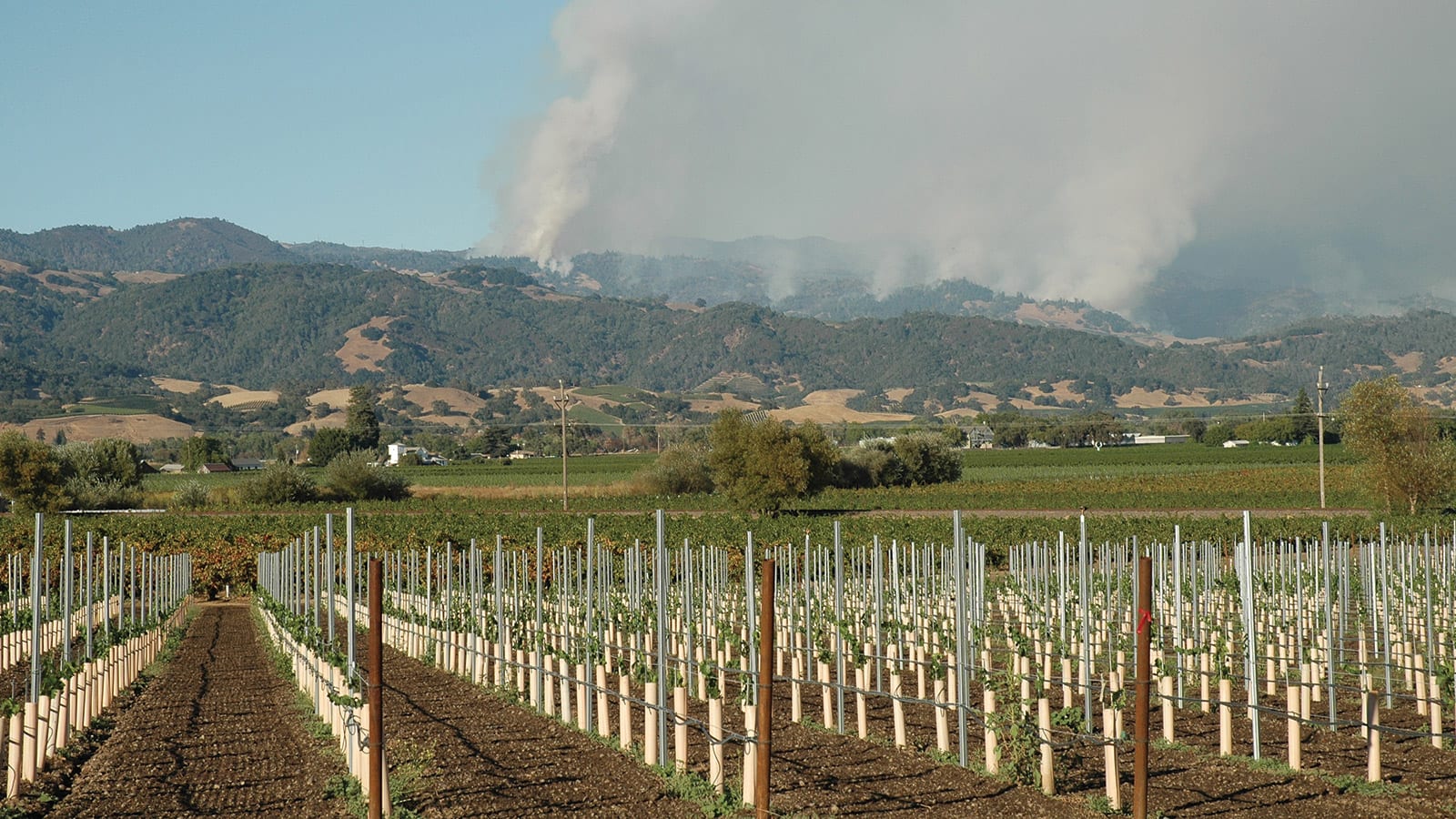Soil & Sea: Reports from our producers
This article was originally published in November 2017

Washington’s Department of Fish & Wildlife approved a permit for another 1 million invasive Atlantic salmon to be reared in Puget Sound, despite one of the largest fish-farm spills in history. A Cooke Aquaculture fish farm failed in August, spilling more than 100,000 of the invasive fish, now detected as far north as the Fraser River in B.C. and west in the Quinault River. Gov. Jay Inslee says no new permits will be issued for new fish farms in Washington waters, for now, but says current laws and rules don’t prohibit Cooke from moving healthy fish into an existing net pen.
More than 90 percent of U.S. organic apples and 80 percent of U.S. organic pears are grown in Washington state. Organic tree fruit accounts for 21 percent of the total organic acreage in Washington state and more than $463 million in crop sales. This growth is a sharp contrast to 1988 when the state had only four organic apple orchards with less than 100 acres in production. Much of this success can be attributed to a few organic tree fruit pioneers who developed weed and pest management strategies to produce quality organic fruit.
Extreme weather and fire harms the wine industry. Napa Valley’s harvest was to be exceptional this year until a Labor Day weekend heatwave pushed temperatures up to 117° Fahrenheit. Some September-ripening varietals shriveled into unripe raisins in the heat, resulting in crop losses. Grape season mostly was finished by the worst of the October fires but smoke taint can make aging wine unpalatable and hot winds can kill grape vines. There is concern that “irreplaceable” vines more than 200 years old may have been damaged or destroyed in the fires.
A fire of undetermined cause destroyed the 100-year-old Port Moller, Alaska seafood processing plant owned by Peter Pan Seafoods. All crew and personnel were safe but the damage is extensive enough to halt operations for the rest of the 2017 season. The Port Moller salmon processing plant is 550 miles southwest of Anchorage and mostly processes Sockeyes but also some King, Coho and Chum salmon. Peter Pan was buying fish from and supporting a fleet of 105 drift gill netters and 30 set netter fishermen until the fire.
7,000 Kansas farmers won a lawsuit against Syngenta AG, claiming contamination of their corn by Syngenta’s GE seed caused China to reject 1.4 million metric tons of American corn and five years of depressed corn prices. A second trial involving 60,000 Minnesota farmers began in August. China requires GE food labeling and has a zero tolerance policy.
